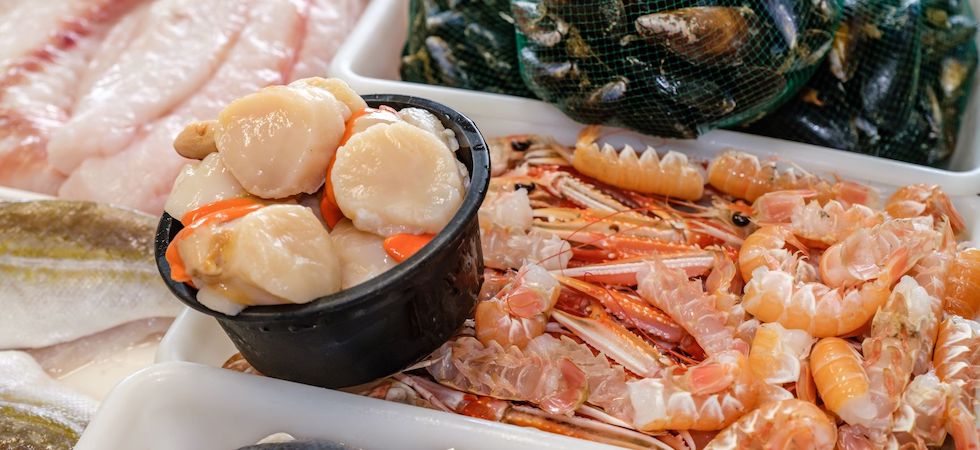Seafish, the public body that supports the UK seafood industry, has published its latest review exploring how the impacts of Covid-19 have been felt across the UK’s seafood supply chain.
This is the third in a series of reports from the public body that supports the UK seafood industry which covers October to December 2020. During this time the sector had to cope with greater restrictions and increased challenges, particularly over the key Christmas period.
Aoife Martin, director of operations at Seafish, said: “From Christmas foodservice closures to uncertainty around the UK’s trading relationship with the EU, the last months of 2020 were a challenging period for the UK seafood industry. Major disruption caused by border closures in Europe was a particularly hard end to the year for some businesses.
“In our latest review we look at how the impacts of Covid-19 were felt across the whole of the UK’s seafood supply chain. We also share stories from innovative businesses which successfully adapted to work in new operating and commercial environments.”
The review explores the whole of the supply chain and analyses how seafood supply, production, distribution and markets were affected by the global pandemic.
Key impacts highlighted in the report include:
- The foodservice sector struggled through this important sales period. Delivery and takeaway operations provided a lifeline to many businesses unable to open to diners.
- Multiple retailers and independent fishmongers saw strong sales as they benefitted from foodservice closures.
- Seafood businesses – in particular exporters – had to manage uncertainty around the UK’s future relationship with the EU on top of Covid-19 issues.
- Seafood exports remained below the same period in 2019.
- Direct sales continued to grow for many businesses that established themselves in this area earlier in the year.
- Businesses successfully managed logistical challenges with supply and distribution until Covid-19 closed borders to Europe at the end of the year.
- Processors relying on imported whitefish benefitted from lower raw material prices.
- Larger processing businesses generally managed the impact of Covid-19 cases amongst staff without reducing production capacity.
- Total seafood import volume was on par with the same period in 2019, while value was slightly down.
- UK landings were low, and prices were supressed due to market uncertainty.
The new report is now available to read and download from Seafish’s website. A further report looking closely at the impacts of Covid-19 on the UK seafood processing sector is also now available.









